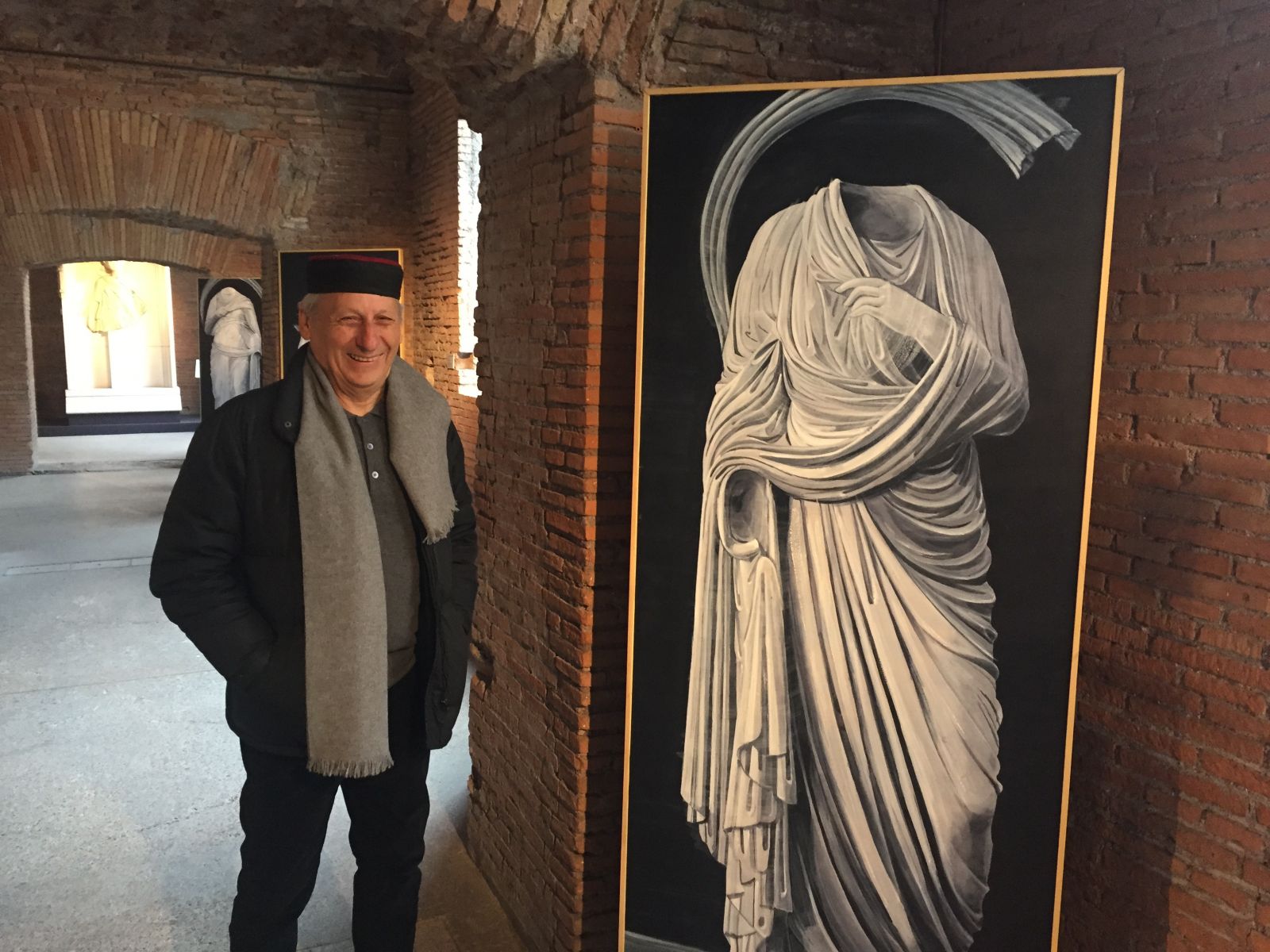Practitioners' Voices in Classical Reception Studies
ISSN 1756-5049
You are here
- Home
- Past Issues
- Issue 7 (2016)
Issue 7 (2016)
The following articles from the 2016 issue are now available:
Sarah Walton
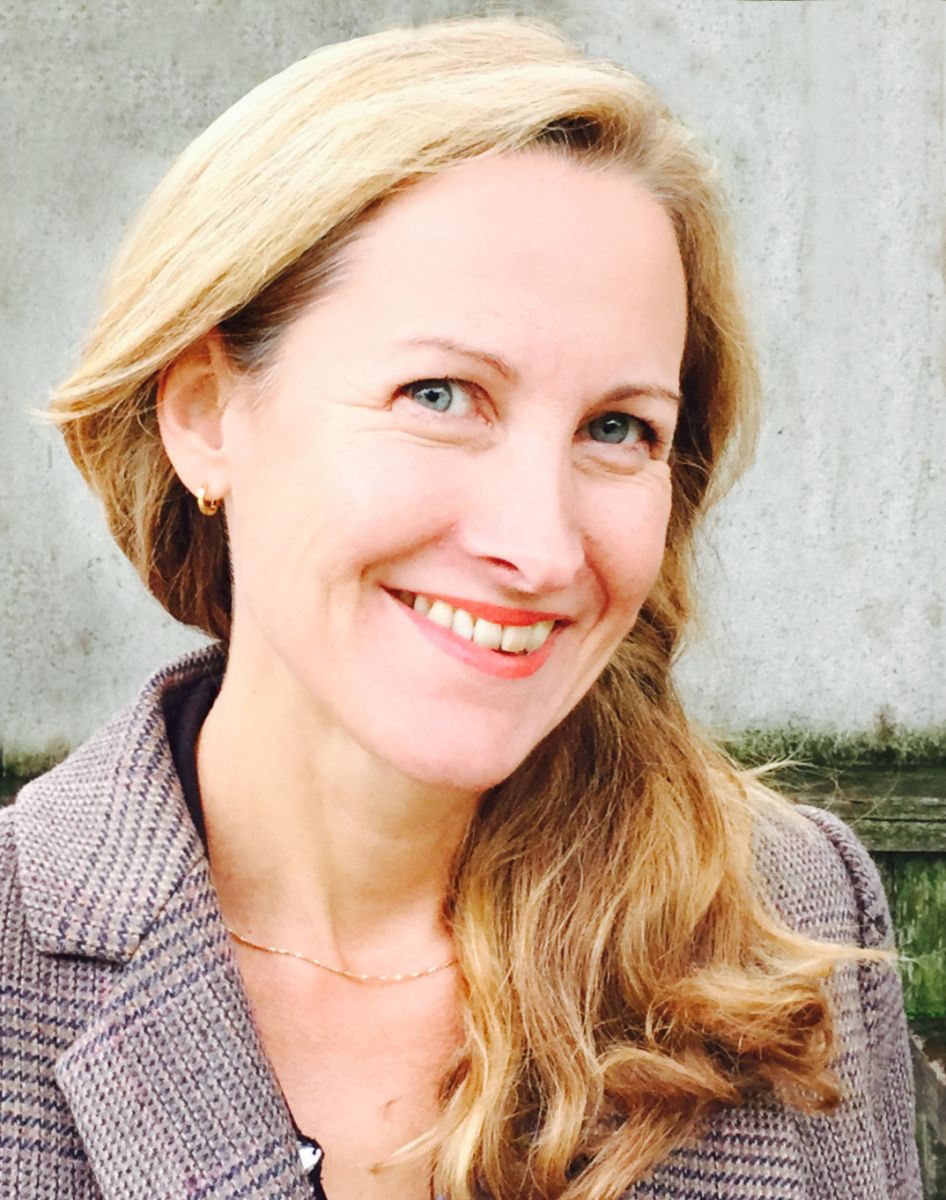
Sarah Walton is a novelist, whose debut novel, RUFIUS (Barbican Press, 2016) is set in fourth-century AD Alexandria. She has a PhD from the University of Hull’s Philip Larkin Centre, where she taught Creative Writing. Her academic research looked at the representation of ancient Roman sexuality and gender in modern fiction and the relationship between history, fiction, film and TV. The Hostess Detective (novel in progress) was long-listed for the MSLexia women’s novel prize. She also has a career in digital innovation.
In this piece for Practitioners’ Voices in Classical Reception Studies, Sarah reflects on the process of researching and writing RUFIUS.
Renato Gabriele

Renato Gabriele is an Italian poet, novelist and dramaturg. His prose works include the historical novels Il comandante della caccia reale (Genesi, 2008) and Appena ieri eravamo felici (Genesi, 2014), both of which were shortlisted for the Premio Campiello. His non-fiction writings include a study of the painter Normanno Soscia (Mito e Metafora, D'Arco Edizioni, 2007) and a collection of essays about the major Polish poets of the Nineteenth Century (Sei saggi di poesia polacca, Lithos Editrice, 2007). His most recent play, Il Giardino di Mangrovie, was performed in the Palladium Theatre in Rome in 2016; this play was originally published together with the Medea Dismagata (‘Medea De-witched’), which is the focus of this interview for Practitioners’ Voices.
This interview with Jessica Hughes took place at Renato Gabriele’s home in Latina on April 6th 2016.
Scott Eaton
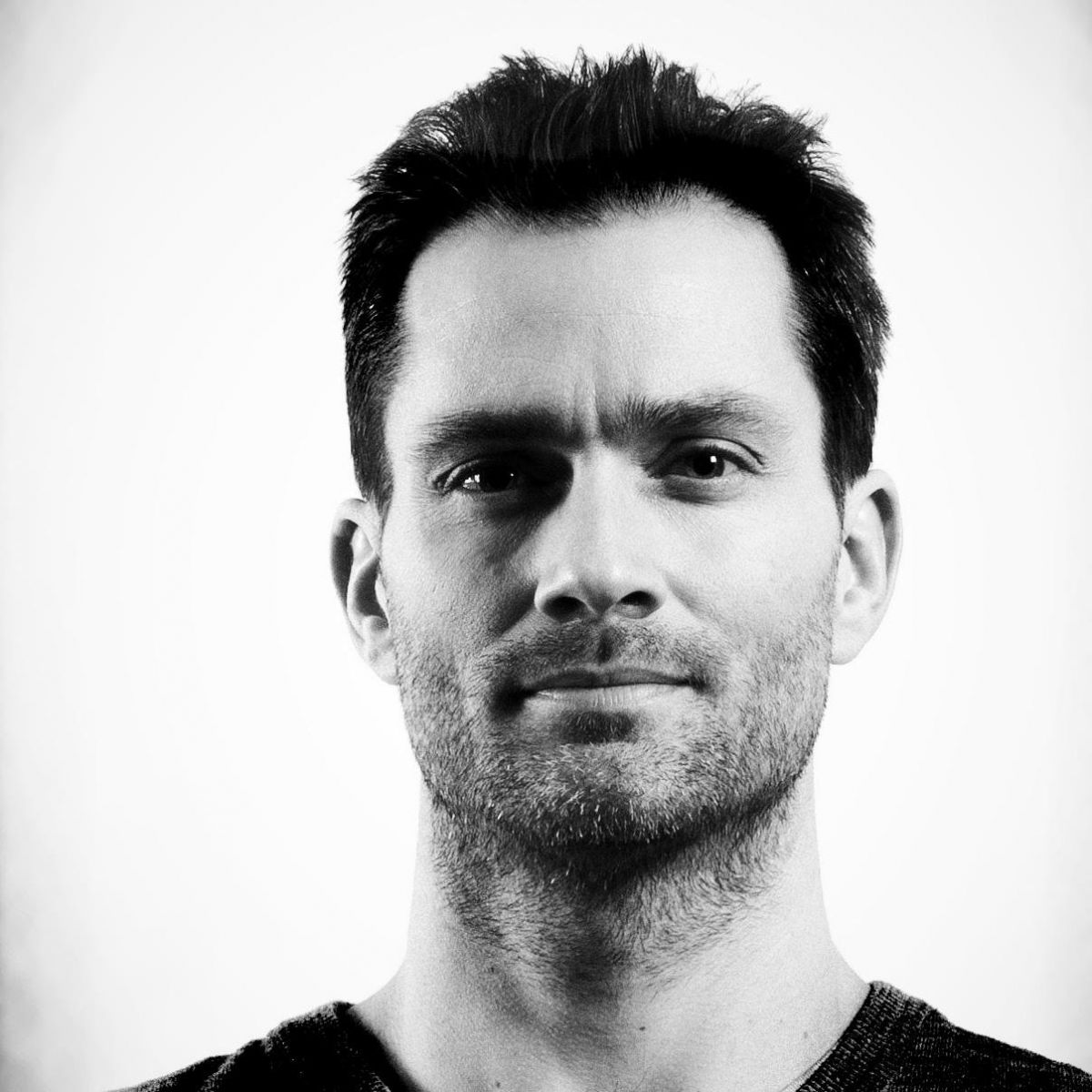
Scott Eaton is an artist, designer and photographer whose work combines traditional sculpting techniques with the power of modern digital tools such as Computer Graphics. He studied drawing and sculpture in Florence and received his Design and Computer Graphics education at the MIT Media Lab. Scott’s work often draws on classical themes and ideas: his ‘mythological’ sculptures include Prometheus, Hephaestus, Venus, Hercules and the Cyclops. In addition to his own projects, Scott frequently collaborates with other artists and studios, including artists Jeff Koons and Mark Wallinger, French crystal company Lalique (for Elton John), Nike, architect Asif Kahn for the Sochi Winter Olympics, and Academy Award winning visual effects studio Framestore. Scott also contributes his expertise to visual effects for film. Recent work includes World War Z, Spielberg’s War Horse, Wrath of the Titans, Harry Potter and the Deathly Hallows, Captain America, and Clash of the Titans.
This interview with Jessica Hughes was recorded in Somerset House, London on 16th June 2016.
Emily Hauser
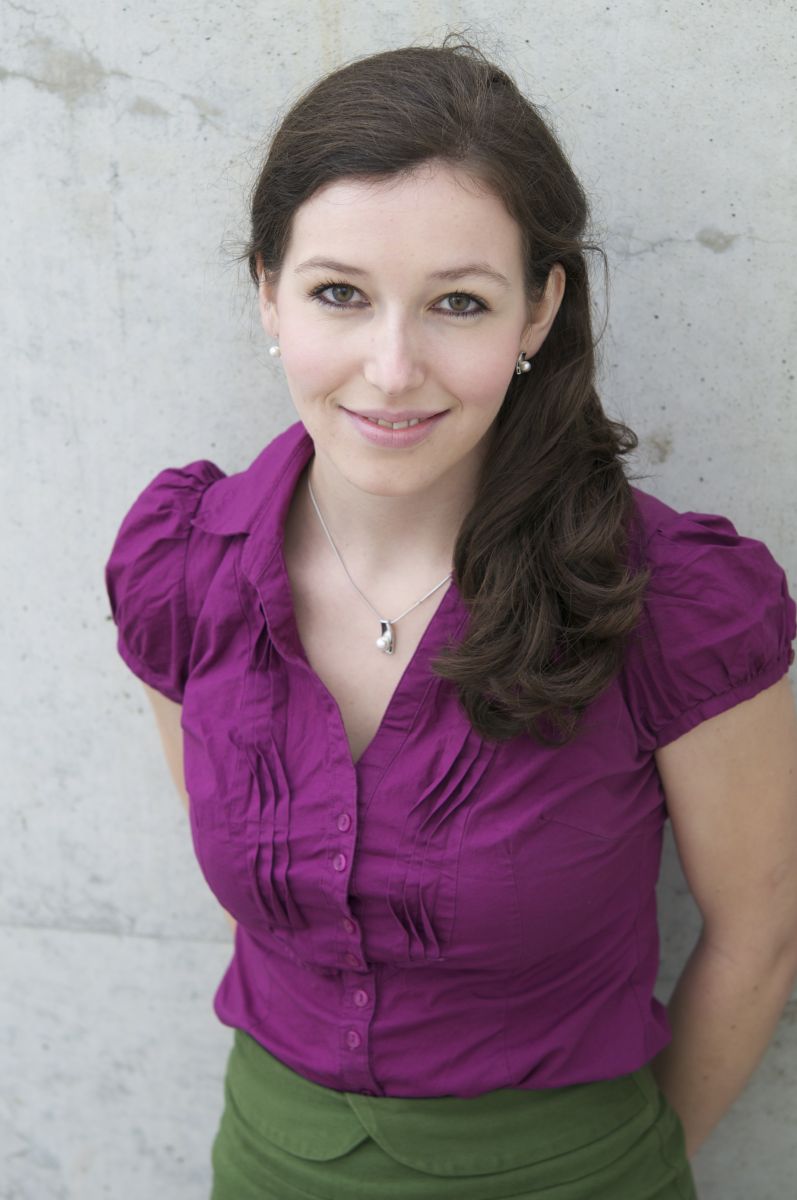
Emily Hauser is a classicist, author and researcher. She is currently completing her PhD in Classics at Yale University, having previously studied at Gonville and Caius College, Cambridge and at Harvard University. Her academic research centres around the relationship between gender and poetics in antiquity, and its reception in contemporary women's writing. Her first novel, For the Most Beautiful, is a reworking of the Iliad from the female perspective and was published in 2016 by Penguin Random House.
This interview with Emma Bridges was recorded in London on 28th June 2016.
Umberto Passeretti
Umberto Michele Passeretti was born in Rome in 1945, and spent his early years living at the site of Hadrian’s Villa. In his twenties he studied at the Ecole Supérieure des Beaux Arts in Paris, before returning to live and work in Rome. He was part of the Nuova Scuola Italiana di Parigi, together with Sergio Birga, Andrea Grassi and Vito Tongiani. His paintings have been shown at international venues including the Grand Palais and the Musée d’Art Moderne in Paris, and at the Museums of Modern Art in Tokyo and in Osaka. His latest retrospective exhibition, Un Presente Antichissimo (‘A Very Ancient Present’), was held at Trajan’s Markets in Rome from December 2015 until April 2016.
Jessica Hughes met Umberto Passeretti at Trajan's Markets on March 16th 2016.
Seamus Heaney (1939-2013)
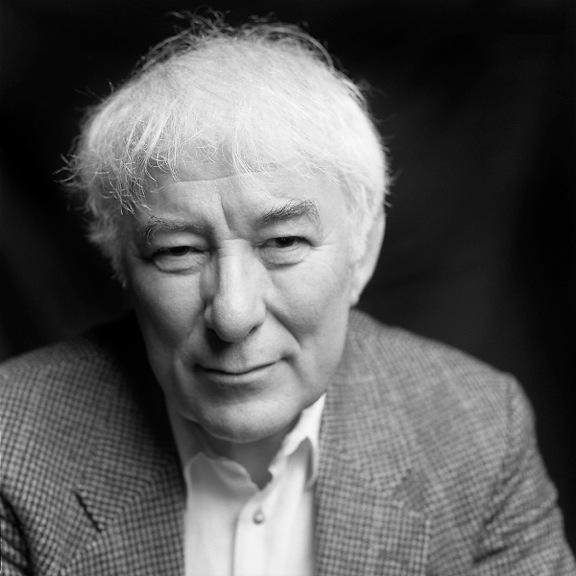
Seamus Heaney was born in County Derry, Northern Ireland in 1939. He died in Dublin in 2013. He studied English Language and Literature at Queen's University Belfast (where the Seamus Heaney Centre for Poetry opened in 2003) and then held a variety of teaching and lecturing positions in Ireland, England and America. He was Professor of Poetry at Oxford from 1989 to 1994 (his lectures were published as The Redress of Poetry, 1995). In 1995 he won the Nobel Prize in Literature. In addition to his poetry, Heaney is also important for his drama, translations and prose criticism.
This interview with Lorna Hardwick was originally produced for the Open University module The Arts Past and Present (AA100). It is made publicly available here for the first time, together with a new introduction by Lorna Hardwick.
Photograph by Norman McBeath
- Introduction by Lorna Hardwick (2016)
Professor Lorna Hardwick reflects on the interview that she recorded with Seamus Heaney in September 2007. - Interview with Seamus Heaney, London, September 2007
Transcript and audio excerpts from the interview between Lorna Hardwick and Seamus Heaney, recorded in London, September 2007.
Alexandra Anthony
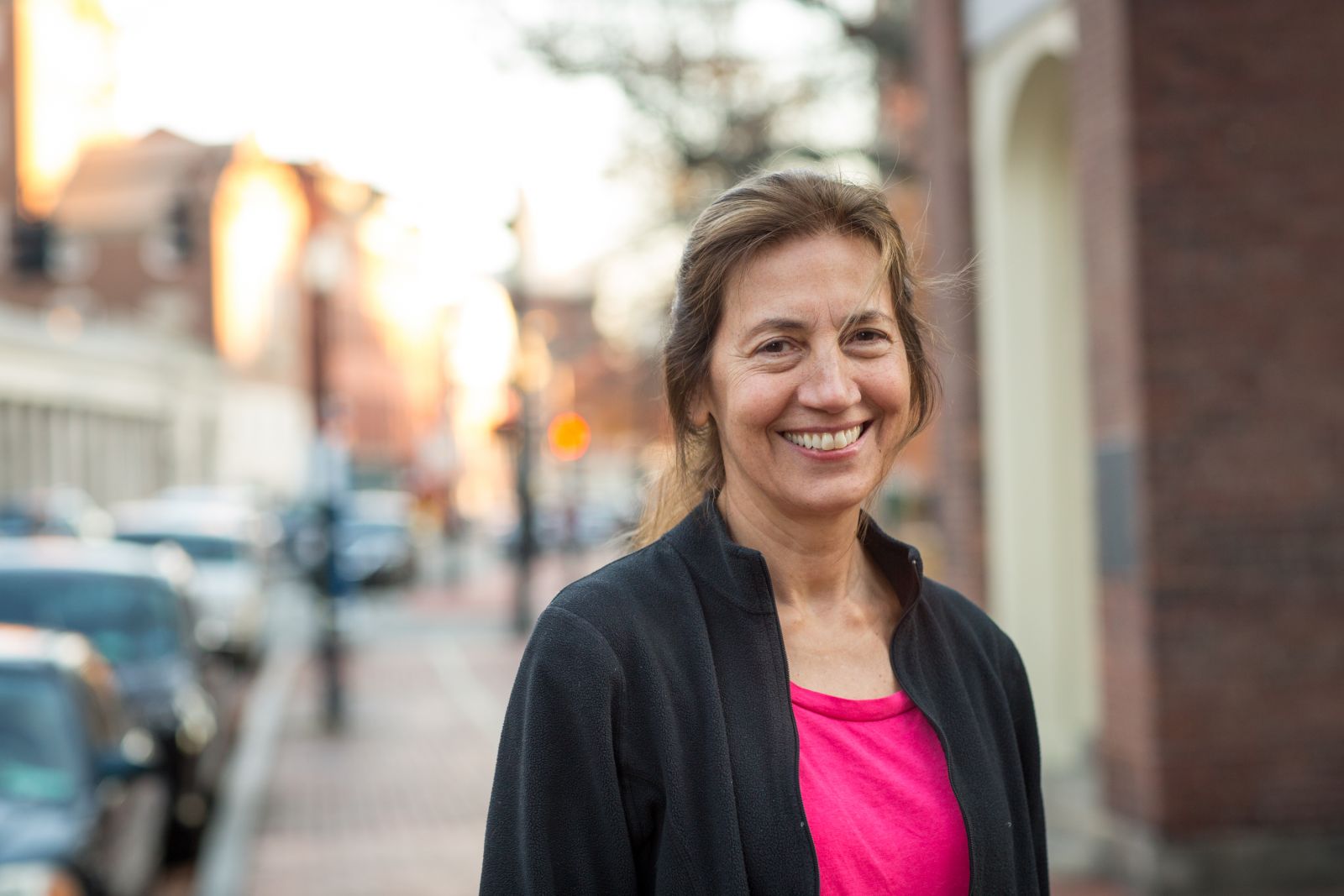
Alexandra Anthony is an award-winning filmmaker who writes, directs, shoots, edits and narrates her own work. Lost in the Bewilderness is the second in a trilogy of non-fiction films – intergenerational family stories which centre on young protagonists caught between two cultures, between youth and adulthood, and at a crossroads in their life. The first of these, Yaya (Grandmother), was completed in 1984 and the third film, Three Pomegranate Seeds, will soon be in post-production. Anthony is particularly intrigued by the parallels between these contemporary stories and Greek myth and tragedy. For over twenty years she was an editor of PBS’s award-winning U.S. television series Nova, Frontline, and numerous specials for national and international broadcast. Her freelance sound recording work has taken her to Ethiopia, Bangladesh, and Mongolia. Anthony teaches filmmaking at the Rhode Island School of Design in Providence, Rhode Island, USA.
This interview with Anastasia Bakogianni was recorded in Athens in December 2015.
